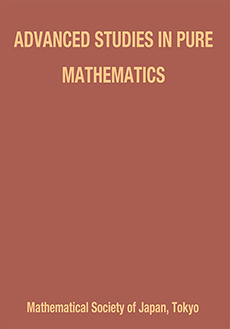Abstract
Consider a nonlinear Klein-Gordon equation on $X$, a compact Riemannian manifold without boundary, $(\partial_t^2 - \Delta + m^2)w = N(w)$, where $N$ is a smooth non-linearity. If the non-linearity vanishes at order $n + 1$ at zero, and if the Cauchy data are of small size $\epsilon$ in a regular enough Sobolev space, the solution exists over time intervals of length $c/\epsilon^n$, and remains of size $O(\epsilon)$ over that interval of time.
In this review paper, we shall discuss the question of getting a similar existence result and $O(\epsilon)$ bounds over an interval of length larger than $c/\epsilon^n$. We shall present first some recent results concerning general manifolds, where one obtains some slight improvement of the lower bound of the time of existence given by local existence theory, when the mass parameter $m$ avoids a subset of zero measure.
Then, we turn to the question of obtaining lower bounds of the time of existence in $c_N\epsilon^{-N}$ for any $N$. It turns out that this is possible if one works on very special manifolds (Zoll manifolds), with Hamiltonian non linearities, and again takes the parameter $m$ of the equation outside a set of zero measure.
We shall focus first on the semi-linear case, where ideas of proof may be described easily. We shall then discuss with less details the more involved case of quasi-linear equations.
Information
Digital Object Identifier: 10.2969/aspm/08510001


